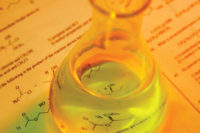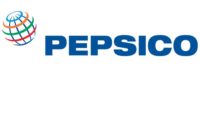Palm Oil Out of Unilever's Hands
Together, the plantations and edible oil business that are being offloaded have annual sales of 85 million euros ($132.7 million). Unilever has said that despite this sell-off, it is looking to extend its market presence throughout Francophone West Africa and will use about half of the proceeds from this sale to purchase an Ivorian company called Cosmivoire, which makes soaps, palm oil for household consumption and butter.
Unilever is one of the largest single buyers of palm oil in the world, using the edible oil to make a variety of consumer goods, including soap, cosmetics and food ingredients. Last August, the company said it was planning to divest some of its businesses. Combined, these have a turnover of 2 billion euros but are neutral to the company's operating margin, due to costs which cannot be covered. The underlying commodity-led nature of the palm oil industry means that possible profits will always be constrained by the world prices, leaving little room to produce any added-value products.
As one of the world's largest food producers with a massive research and development budget, Unilever would prefer to focus on products where it can add value through innovation rather than having to hope for world prices to stay at a profitable level, which is why it comes as little surprise that its palm oil division is the latest to get the axe.
From the July 7, 2008, Prepared Foods e-Flash
Looking for a reprint of this article?
From high-res PDFs to custom plaques, order your copy today!





